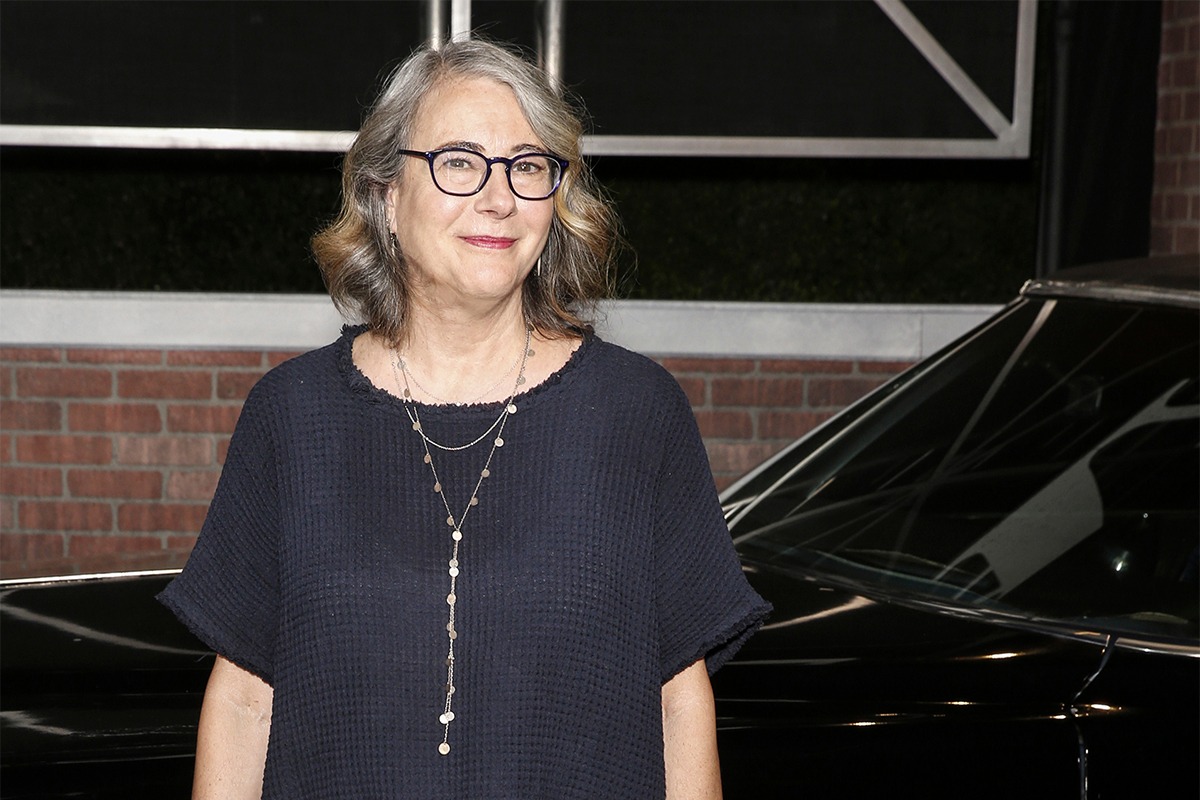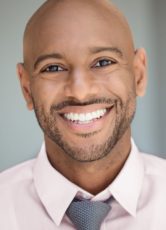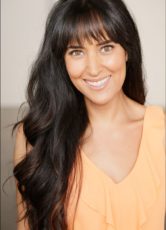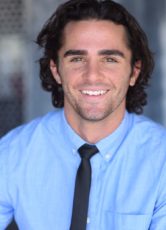
Casting director Ellen Lewis is responsible for casting a steady stream of iconic films throughout her legendary career. The Chicago native won Emmy Awards for her work on “The Queen’s Gambit,” “Boardwalk Empire,” and “Angels in America,” and she frequently casts talent for films by Martin Scorsese and Mike Nichols. Lewis’ additional work boasts “A League of Their Own,” “The Wolf of Wall Street,” “Goodfellas,” “Forrest Gump,” “The Devil Wears Prada,” and “The Birdcage.” And yet, these films only represent a small sample of her contributions to cinematic history. Here are Lewis’ thoughts on auditions and the casting process as shared in interviews with the SAG-AFTRA Foundation and Gold Derby.
Seeing the big picture
Whatever happens in the audition room, Lewis advises actors, “Remember that it’s not personal and that your journey goes on a long time hopefully. Everything that you’re doing in your life, whether you’re taking on other jobs to make a living, all will inform who you are as a person. It’s just all enriching. [Acting] is a difficult career choice. You’re not necessarily in control of what’s going to happen. That’s why it’s wonderful if you are taking classes with people, and you’re working in a bookstore or whatever else you’re doing. It all informs who you are and then what you’re bringing into the [audition] room.” Even when a performer is not the right fit for a particular role, casting directors are continuously noting each actor’s unique qualities to consider for future roles. “You never know what’s going to shine a light on somebody,” Lewis says.
Making actors feel comfortable is her priority
“One of the most important things about what we do is make an actor feel comfortable, feel confident when they come in—welcoming them. And because it’s acting, it’s filled with rejection. So I always say the only thing we can control is how the room feels … The thing we have the most control over is the room … [We] say hello and see if someone needs anything to make them feel better or more confident, because we want you to do well. We want someone to get this part, so we’re rooting for you.” She adds, “And also one of the very most important things about casting is liking actors, which I do very much. I respect their talent and making this environment warm when they come in to audition.”
No small roles
“There are no small parts. I have to say for myself, I enjoy casting many types of the smaller and smallest parts more than the leads. There’s always pressure actually about the leads. So I think that those smaller parts are what make the texture of whatever it is that we’re working on.” Reflecting on “The Queen’s Gambit,” Lewis asserts, “Anya [Taylor-Joy] definitely carries [the series] and you’re drawn to her. But everybody who surrounds her [is] compelling and interesting in their own way and makes her story that much richer.”
The overall importance of casting
“I think what [casting directors] do is so essential and so important. We’re the first people on [besides] the writer and the director, and we’re the first person who’s interfacing with the director. … [Casting] is far more challenging than people think it is. Casting is an easy thing for people to sit and think that they can do this because they like actors, and they know actors … but it becomes much more specific and pointed and instinctual. I think there are many things that go into good casting.”
How to assess if a project is cast well
“I’m looking to fall into the world, whatever that may be. And if I believe the world, then I think something is really well cast.”
Casting jitters
“I think casting anything is a risk, and I would say that every time I start a new project, I’m nervous and hoping that it’s going to go well … Any project that I’m starting, I always am anxious and feel like anything could go right or wrong, and you just never know. You just have to work really hard … Any casting job is hoping for the best.” She continues, “I think it’s always a roll of the dice in a way. I mean you always hope that people will mesh. It’s not that often that you’re doing kind of chemistry readings. I think sometimes that might take place, but I think a lot of times that you’re hoping for the best. I mean, we’re trying to create the world, and you’re thinking in that mindset.”
Regarding her iconic career
“I was very lucky because I worked for [casting veteran] Julia Taylor for eight and a half years. I was her assistant and then associate. … Casting is very visual to me, but it’s also about a lot of details which, you know, it’s not just about thinking up the ideas. It does get into schedules [and the like]. … I just love diving into a world, whatever world. And I’ve been very lucky with the people that I’ve worked with, the directors that I’ve worked with. And I’m really happy after all this time that I still love it.”




